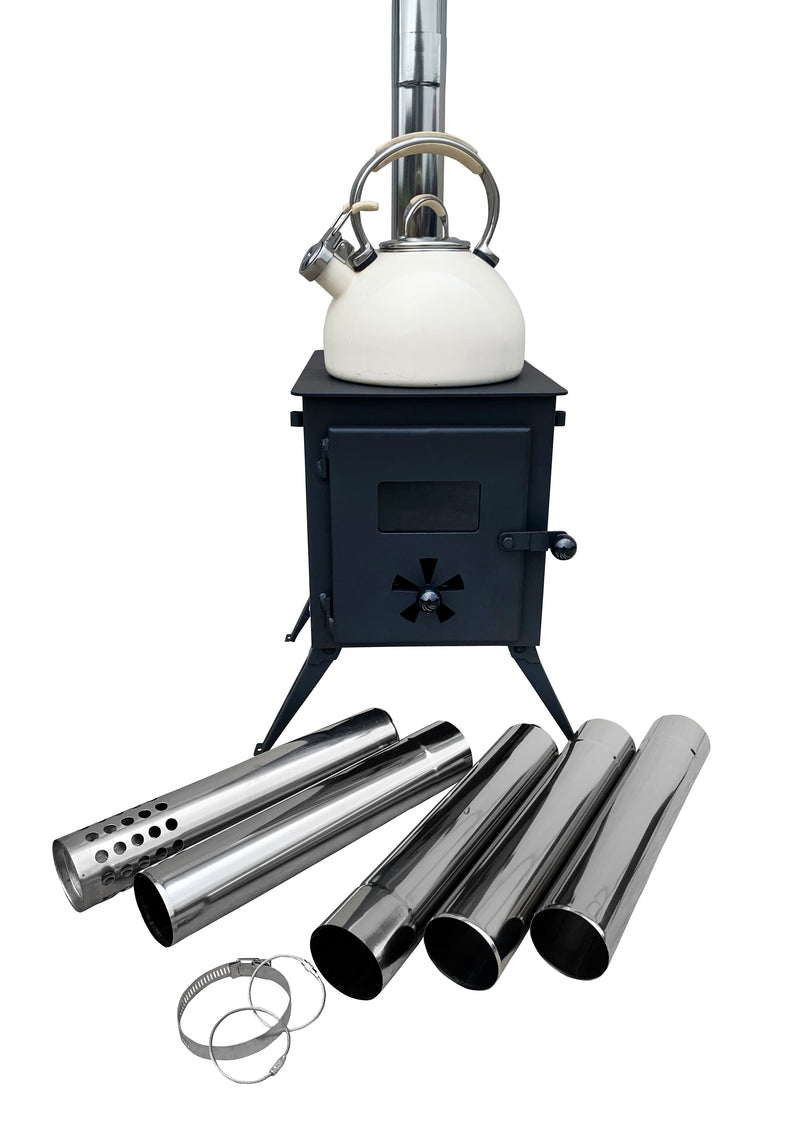I spent the past month or more setting up electrics buying all the gear and solar and it just dawned on me the solar is probably going to be as good as useless now. I only got it mainly to power diesel heater electrics.
Of course the electrical system is now almost in place so can be powered by whatever but what other options do I have?
I am living in my van however I do not like driving around. Van just suits me because it is easy to move from A to B, not that I like to travel. That means the charger things that charge while you drive wont help me much either. I would have to drastically alter my living style as I only drive about once a week at the moment 10-20 minutes to do a food shop for the week.
Solar seems to be a bust.
What options do I have?
Only other thing I can think of is a generator but I dont have land to be laying stuff outside the van like that. Once I do get land, which is a plan, then I would have much more options but what to do now?
Heating is the main issue right now and have to sort it asap. I was in -6 this week with no heating. Not fun! I was warm enough in bed just about but it was horrible getting out to pee.
Of course the electrical system is now almost in place so can be powered by whatever but what other options do I have?
I am living in my van however I do not like driving around. Van just suits me because it is easy to move from A to B, not that I like to travel. That means the charger things that charge while you drive wont help me much either. I would have to drastically alter my living style as I only drive about once a week at the moment 10-20 minutes to do a food shop for the week.
Solar seems to be a bust.
What options do I have?
Only other thing I can think of is a generator but I dont have land to be laying stuff outside the van like that. Once I do get land, which is a plan, then I would have much more options but what to do now?
Heating is the main issue right now and have to sort it asap. I was in -6 this week with no heating. Not fun! I was warm enough in bed just about but it was horrible getting out to pee.



